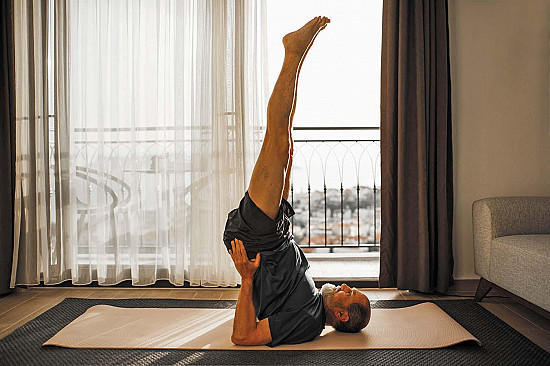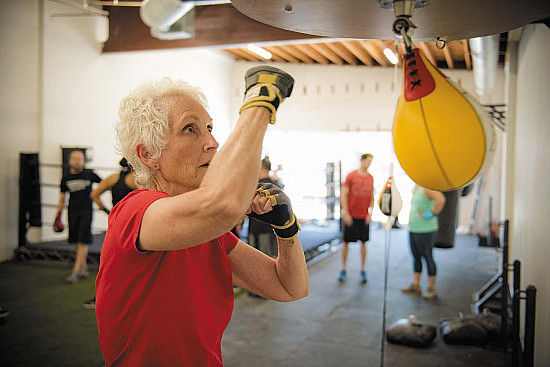Can hot cocoa ease pain from peripheral artery disease?
Research we're watching

Hot cocoa may be just what the doctor ordered… for leg pain. A small study published February 14 by Circulation Research found that adults with peripheral artery disease (PAD) who drank a specially designed hot cocoa had less PAD-related leg pain when walking than those who didn't drink the cocoa.
PAD is a condition in which fatty deposits collect and reduce blood flow in arteries outside the heart — most commonly in the legs. People with PAD commonly experience pain when walking. For this study, researchers gave 44 people with PAD a specially designed cocoa-containing beverage three times a day for six months. The cocoa drinkers were able to walk on average almost 140 feet farther in a timed walking test than people who drank the same amount of the same beverage that didn't contain the cocoa. The cocoa drinkers also had some improved muscle function and blood flow into the calves. While the drinks were specially designed for the trial, the researchers speculated that cocoa may contain an ingredient that helps muscle cells using oxygen more efficiently.
Image: © Viktoriia Hnatiuk/Getty Images
Disclaimer:
As a service to our readers, Harvard Health Publishing provides access to our library of archived content. Please note the date of last review or update on all articles.
No content on this site, regardless of date, should ever be used as a substitute for direct medical advice from your doctor or other qualified clinician.















